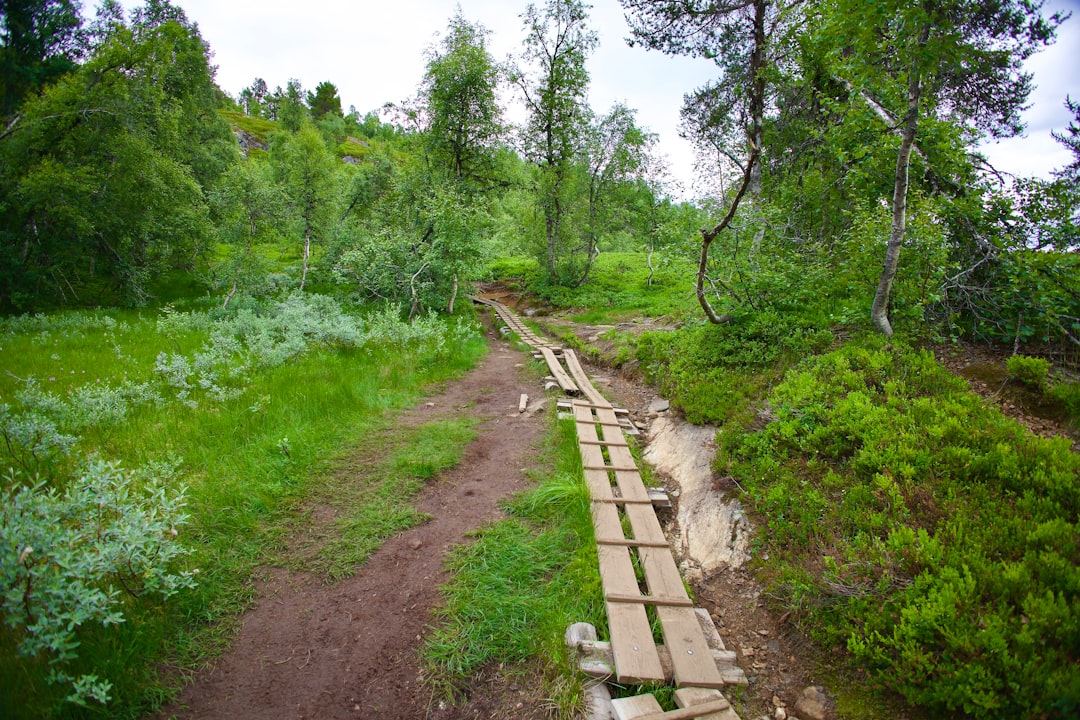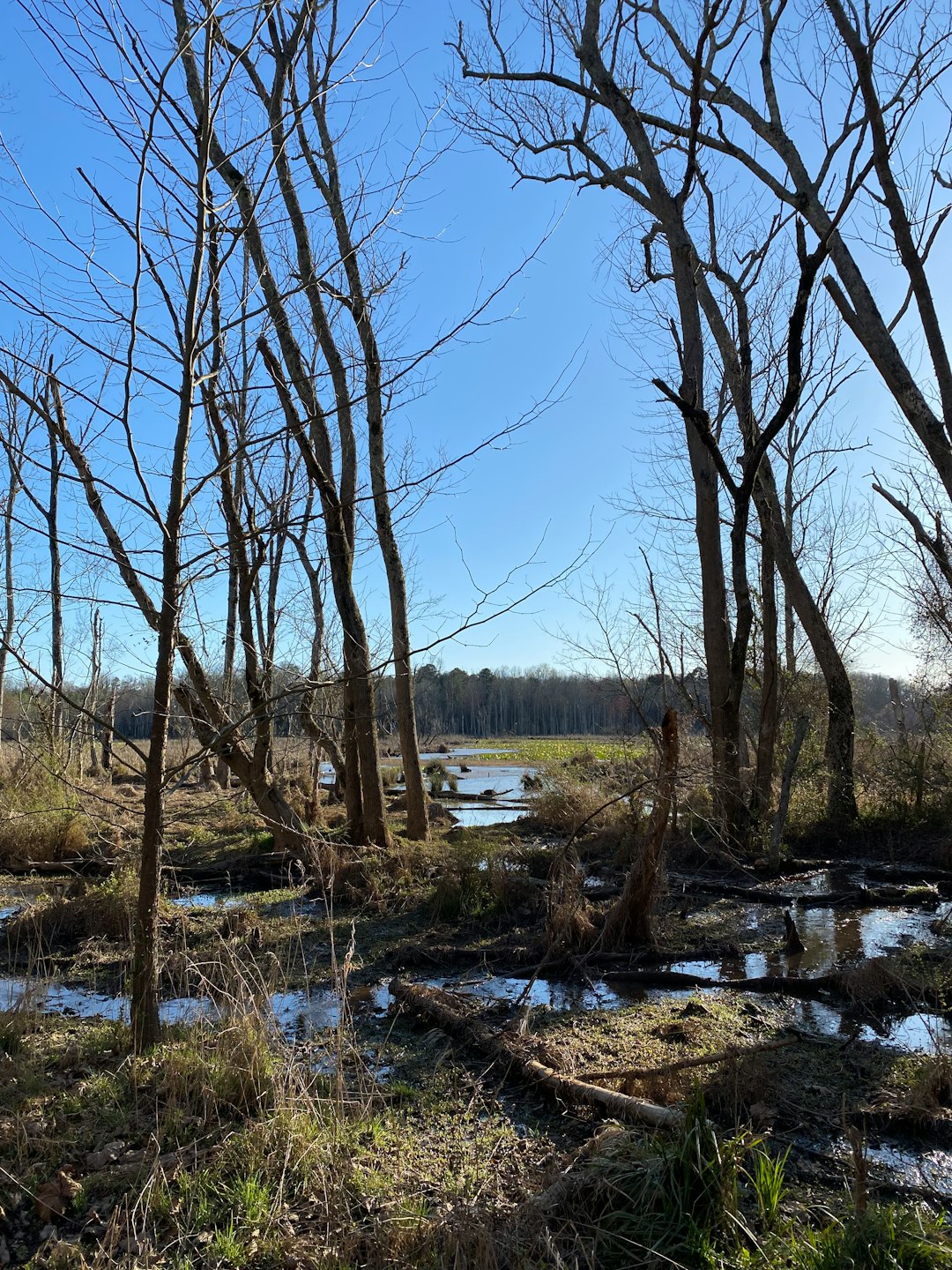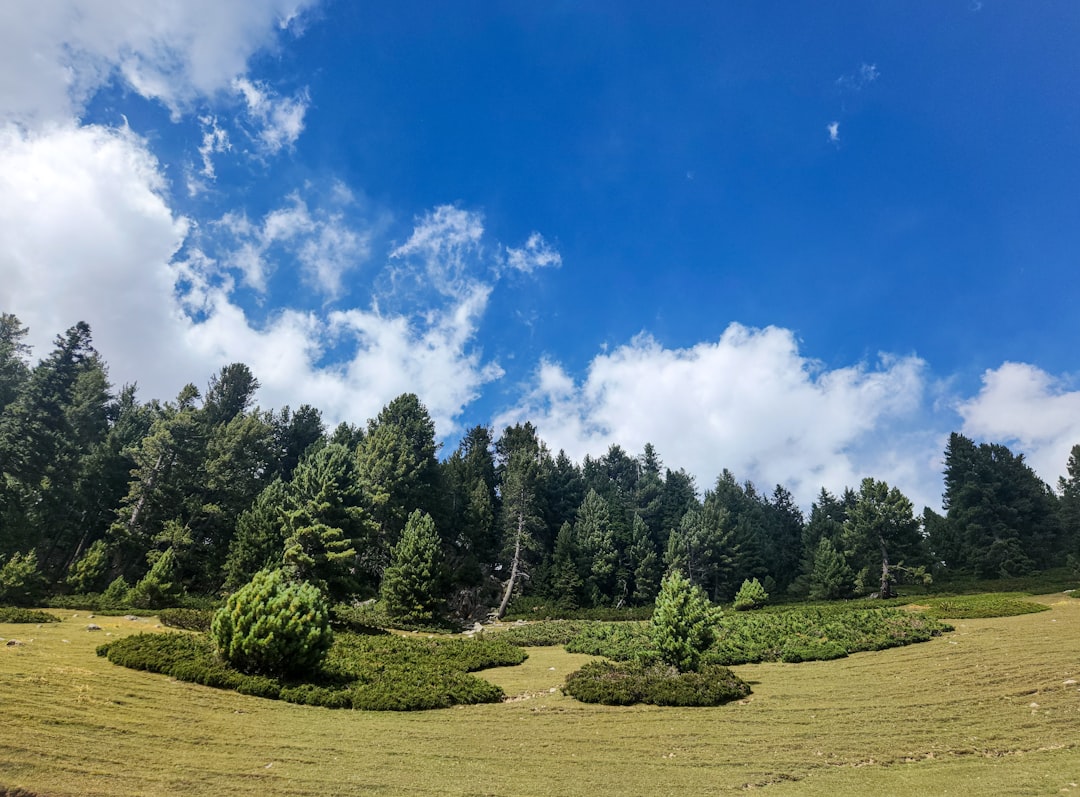
The prospect of owning land in Texas is synonymous with potential and promise. Known for its vast expanses and diverse geography, the state continues to attract those who wish to tap into its abundance. Real estate offerings here run the gamut from untouched acreage in the Panhandle to lush East Texas forests and arid West Texas plains. The variety is impressive and caters to a wide array of uses and preferences.
Additionally, Texas's economy remains robust, and the push for development in rural and urban fringes provides a fertile ground for land value appreciation. Moreover, the state’s favorable tax structure, including no personal income tax and lower property taxes compared to other states, makes land ownership an enticing proposition for investors and personal landowners alike.
It should be noted, however, that entering the Texas land market requires a level of understanding and strategy. While opportunities are plentiful, so are the complexities of the buying process, zoning laws, and land management responsibilities. As such, a nuanced approach, often with the guidance of real estate professionals, is recommended.
Grasping the dynamics of the Texas real estate market is fundamental in identifying the right land offer. The state’s real estate landscape is influenced by several factors including local and global economic conditions, demographic trends, and state-specific regulations.
Furthermore, the market is cyclical and subject to fluctuations. Predicting these changes can be challenging, but by staying informed about trends both in metropolitan areas and the countryside, an investor can navigate these waters more effectively. For instance, the surge in remote work has led to a higher interest in suburban and rural properties, and in turn, has influenced land values and demand.
One also has to be mindful of legislation and land-use restrictions, which can vastly affect land potential and usage. Working with experienced real estate agents or attorneys who specialize in Texas land could be instrumental in avoiding costly misunderstandings and investment errors.

Selling land in Texas for cash can be a straightforward process, but it does require some steps to ensure that everything goes smoothly.. Whether you are selling a small plot of land or a large piece of property, the process is generally the same. The first step in selling Texas land for cash is to determine the value of your property.
Posted by on 2024-09-30

Selling your Texas land for cash can be a great way to make some extra money or to liquidate an asset that you no longer need.. However, the process of selling land is not always straightforward and there are several steps that you will need to take in order to ensure a successful sale. The first step in selling your Texas land for cash is to determine the value of your property.
Posted by on 2024-09-20

Selling your Texas land for cash may seem like a daunting task, but with the right approach, it can be a quick and hassle-free process.. Whether you are looking to sell your land due to financial reasons or simply want to move on from owning it, there are a few key steps you can take to ensure a speedy sale. First and foremost, it is important to do your research and understand the current market conditions in Texas.
Posted by on 2024-09-20

Selling Texas land quickly for cash can be a daunting task, but with the right strategy and approach, it is definitely possible.. There are several key steps that can help you expedite the process and get your property sold in no time. First and foremost, it is important to price your land competitively.
Posted by on 2024-09-20

The benefits of investing in Texas land are both tangible and intangible. From a financial standpoint, land is a finite resource, and Texas offers a competitive market where appreciation over time is more likely than not. Additionally, the cost of owning land is often less volatile than other forms of real estate investment.
On the lifestyle front, land ownership in Texas grants one the freedom to use the property for various purposes, such as agriculture, recreation, or as a homestead. The intrinsic value of land combined with the state's deep cultural attachment to property ownership resonates with those looking to plant roots and champions of self-reliance.
Moreover, owning land can bequeath environmental stewardship. As Texans become more environmentally conscious, landowners have the opportunity to preserve natural habitats, foster biodiversity, and practice sustainable land management tactics that are both beneficial and profitable.
The process of buying land in Texas can be intricate, and every step from due diligence to closing is critical. It begins with identifying one’s intentions for the land, which will guide the search for the right type of property in the right location. Then, a thorough examination of the property's conditions, restrictions, and legal standing is paramount.
Throughout the negotiations, seeking the services of a competent real estate lawyer can help you traverse complex contractual elements and ensure your interests are protected. Additionally, engaging with a title company early on is key to identifying any encumbrances or liens that may exist on the property.
Finally, understanding the closing process and being prepared for the associated costs – such as title insurance, survey fees, and property taxes – will facilitate smoother transactions and no unwanted surprises.


Texas is a tapestry of landscapes – from fertile river valleys to rolling hills to desert terrain. Accordingly, the types of land available reflect this diversity. Ranchlands dominate much of the rural offerings, ideal for those interested in livestock or large-scale farming operations.
Residential land, especially near burgeoning urban centers, is in high demand as communities expand. These plots offer potential for housing developments or individual home sites. Recreational lands, including those ideal for hunting, fishing, or eco-tourism, are also prevalent and sought after.
Additionally, Texas has become a hotspot for clean energy operations, such as wind and solar farms, making parcels in certain regions particularly attractive for energy development endeavors.
Funding your land purchase in Texas necessitates a grasp of the financial products and resources available. Traditional mortgages might not always be applicable for land purchases, so one may need to look into land loans or agricultural loans, particularly for larger tracts intended for farming or ranching.
Specialized lenders who focus on land and farm credits understand the unique aspects of these transactions and can provide tailored solutions. Moreover, potential tax incentives and government programs can offset some of the financial burdens associated with land ownership, particularly for agricultural use.
It’s essential to compare different lender options, interest rates, and terms to secure the best financing for your land purchase. Establishing a clear budget and long-term financial strategy will also prevent overextension and pave the way for a sustainable investment.

Keeping an eye toward the future, the expansiveness of Texas offers continuous opportunities for growth and development. Markets evolve, with some areas transforming remarkably due to factors like urban sprawl, infrastructural development, and even changes in consumer preferences. Tracking these trends can inform future planning and investment.
Investing in regions poised for growth can result in significant appreciation of land value. Similarly, adapting the land use to meet emerging market needs—be it through development projects, sustainable agriculture, or conservation—can be both lucrative and personally rewarding.
It's vital to maintain a balance between development and conservation – growth that is not sustainable can negatively impact the land's long-term value and ecosystem. Thoughtful development, informed by environmental assessments and community needs, can ensure the land continues to yield dividends.

It is important to determine the fair market value of your land before selling.